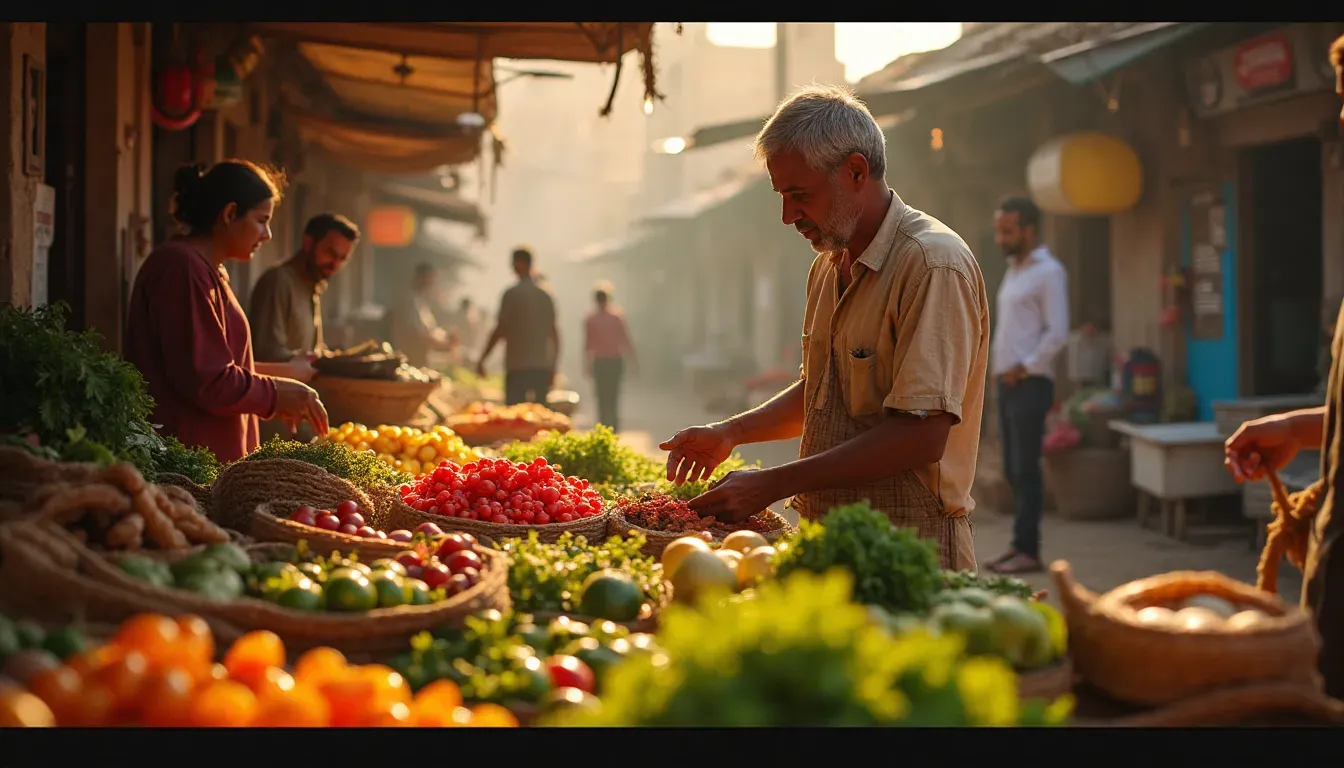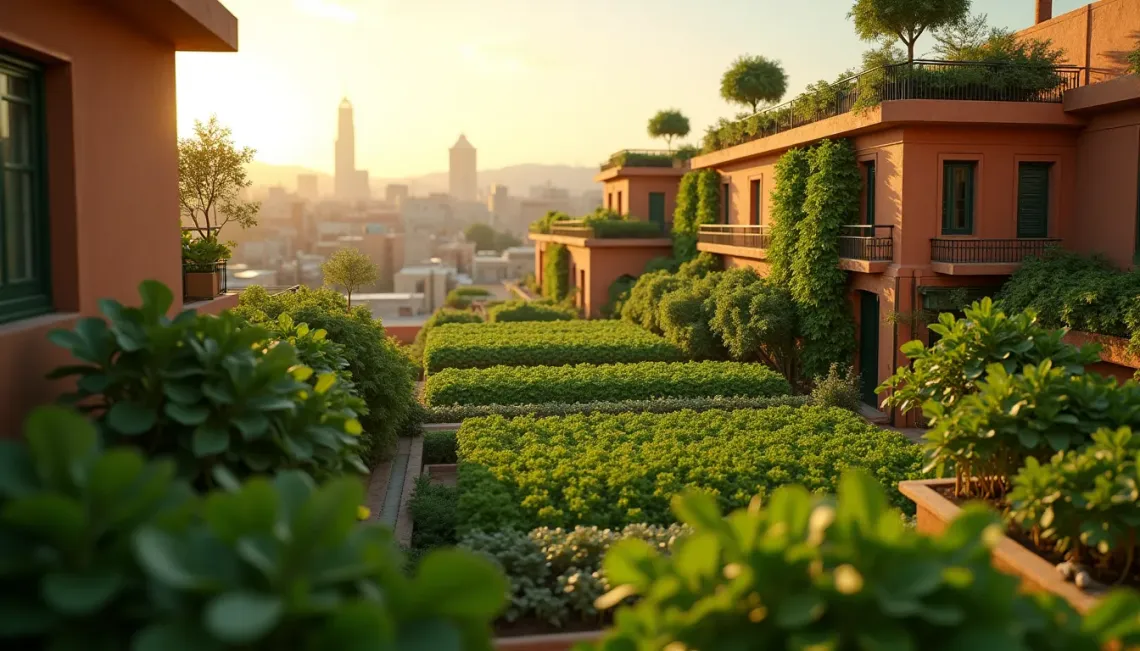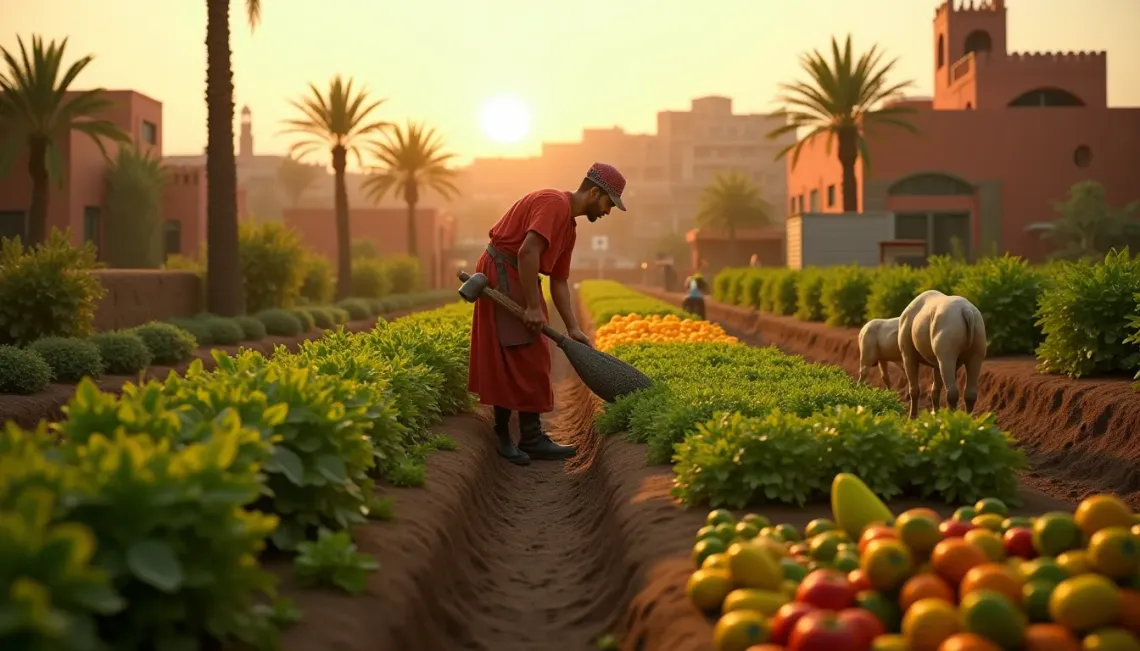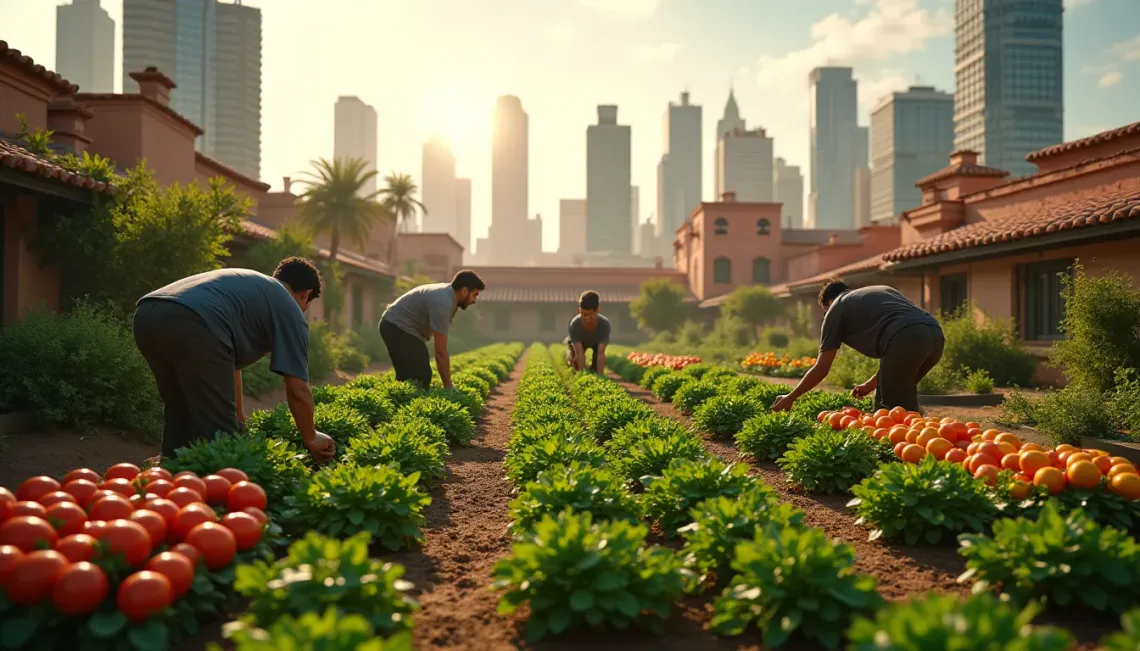Urban farming has emerged as a beacon of change across Moroccan communities, leading to remarkable success stories that embody community transformation and sustainable agriculture. As Morocco embraces this movement, the impact of urban farming extends beyond just greening city rooftops and vacant lots; it has become a catalyst for social, economic, and environmental improvement.
The Rise of Urban Farming in Moroccan Communities
Urban farming isn't a novel concept, but its implementation in Moroccan communities has begun to gain significant traction. What started as small-scale gardening has burgeoned into a widespread movement championing sustainable agriculture practices. By transforming barren urban landscapes into lush green spaces, these communities have not only beautified their surroundings but also created new economic opportunities.
Empowering Communities through Sustainable Agriculture
One of the most compelling success stories is the transformation of urban areas into productive hubs. The adoption of sustainable agriculture practices allows residents to grow fresh produce directly in their neighborhoods, reducing reliance on imported goods and enhancing food security.
- Job Creation: Urban farming initiatives have spurred the creation of green jobs, from garden management to farmers' markets.
- Educational Opportunities: Schools have integrated urban farming into their curriculum, teaching students important lessons about sustainability and nutrition.
- Community Engagement: These projects have fostered a sense of community, as neighbors work together to cultivate gardens and share harvests.
Success Stories of Moroccan Urban Farming
Several initiatives stand as shining examples of how urban farming is reshaping Moroccan communities:
Casablanca’s Green Rooftops
In the bustling city of Casablanca, green rooftops have become a staple of urban life. These innovative spaces offer much more than aesthetic appeal. They serve as community gardens that provide fresh vegetables and herbs, significantly benefiting the local economy and environment. This initiative represents a key step in community transformation, illustrating urban farming's potential for widespread influence.
Marrakech’s Inclusive Farming Projects
Marrakech has embraced inclusive urban farming projects that engage marginalized groups, such as women and youth, in sustainable agriculture. By empowering these groups, the city not only enhances food production but also addresses social inequalities. These projects are a testament to urban farming’s role in fostering community transformation through equity and empowerment.
The Broader Impact of Urban Farming
Urban farming is proving to be a multi-faceted tool for sustainable agriculture, with its impact resonating beyond Moroccan communities. By cultivating available urban spaces, these projects contribute to:
- Environmental Benefits: Urban green spaces help decrease urban heat, improve air quality, and support biodiversity.
- Economic Stability: Reducing the need for imported food strengthens local economies and promotes self-reliance.
- Improved Diets: Access to fresh produce enhances community health and nutritional intake.
Connecting Urban Farming to Future Initiatives
As urban farming success stories continue to inspire, it opens doors to other related topics such as renewable energy integration in city landscapes and sustainable urban planning. These interconnected initiatives can further bolster community transformation efforts in Morocco and beyond.
Conclusively, the triumph of urban farming in Moroccan communities is not just about growing food; it's about cultivating a sustainable future and demonstrating the profound impact of communal efforts in nurturing lasting change. These success stories underscore how urban farming lays the foundation for holistic community transformation, setting a benchmark for other regions to emulate.




